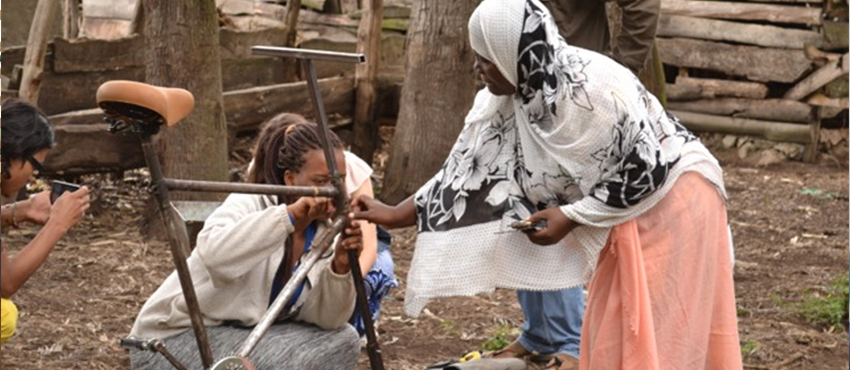
"How do we assess a local system’s existing capacity to innovate and what are the most effective approaches for strengthening dimensions of that capacity that might be under-developed?"
With the launch earlier this year of the Innovation Ecosystem Builders Fellowship, MIT D-Lab stepped into exciting new territory in its efforts to build capacity for local innovation and community-led solutions in regions facing development challenges around the world.
As we have entered into dialogue with the inaugural cohort of Fellows—a dynamic group of leaders committed to strengthening the innovation and entrepreneurship ecosystems where they live—we have found ourselves grappling with questions to which the existing literature on innovation does not yet offer adequate answers. What are the essential elements of innovation ecosystems in these contexts and where do we draw these ecosystems’ boundaries? How do we assess a local system’s existing capacity to innovate and what are the most effective approaches for strengthening dimensions of that capacity that might be under-developed? How does building capacity for local innovation contribute to achieving the Sustainable Development Goals or other desired wellbeing outcomes?
These are the types of questions that the MIT D-Lab Local Innovation Group is tackling- questions whose answers can inform the work of the ecosystem builders who we’re supporting, as well as D-Lab’s own interventions to strengthen capacity for innovation in settings ranging from rural farming communities to refugee camps to vulnerable urban settlements. These questions, in turn, have led us to emerging areas of inquiry within the multi-disciplinary field of innovation studies, areas where foundational work is still needed in order to define key concepts, develop appropriate research methodologies, and conduct exploratory empirical studies to inform hypothesis and theory building.
In order to provide a free and accessible format for sharing our work on these topics, the Local Innovation Group is launching D-Lab’s first working paper series, New Directions in Innovation Research (NDIR). The NDIR Working Paper Series will feature papers that focus on emerging topics within the field of innovation studies and which contribute to developing concepts, methods, insights, and findings with relevance both for practitioners and researchers.
The first paper in the series, Local Innovation: what it is and why it matters for developing economies, contributes to clarifying the concept of local innovation, a concept that is central to the work of the Local Innovation Group at D-Lab as well as much of D-Lab’s capacity-building work. Based on a review of the literature as well as primary and secondary empirical evidence, this paper defines local innovation and describes two primary pathways through which local innovation contributes to local and regional development. The second paper in the series, which will be released next month, will introduce the concept of “communal innovation” as an approach to innovation that can enable marginalized communities to create viable alternatives to externally-imposed notions of “development.”
Starting in July, we will begin soliciting papers for the working paper series. Submissions will be open to faculty, staff, researchers, and students based at or affiliated with MIT D-Lab and our collaborating partners, including members of the IDIN Network. Additional information about the submission process will be made available later this month on the Local Innovation Group page on D-Lab’s new website, which will be launching soon. We hope that this series is useful in sparking critical reflection, dialogue, and the clarification of concepts and approaches which can enable effective, targeted action by those working to build local capacity for innovation.
Elizabeth Hoffecker is a Research Scientist at MIT D-Lab, where she leads the Local Innovation Group and teaches the D-Lab: Field Research class. Email Elizabeth

